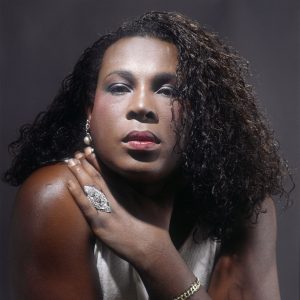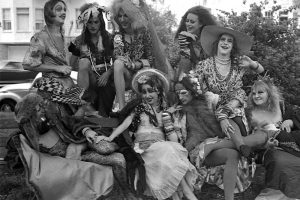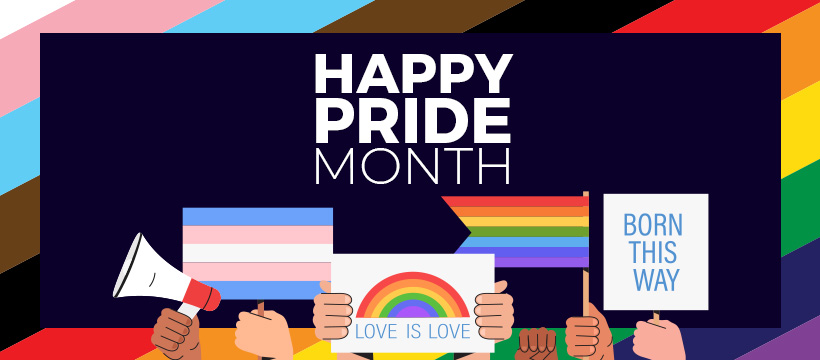I always thought it was surprising how many people haven’t heard of the Disco and LGBTQ+ icon, Sylvester.
In honor of Pride Month, I’m going to introduce you to the legendary musician, Sylvester.

Blum/Michael Ochs Archives/Getty Images
Who was Sylvester, and why was he important to music history and LGBTQ+ history?
Sylvester James Jr. aka ‘Sylvester’ was born on September 6, 1947, in California. He grew up singing in church and developed a love for it; however, he eventually left the church after the congregation had disapproved of him being gay. After he had left, he met and befriended Black Drag Queens and Transgender Women who referred to themselves as ‘Disquotays’. In 1970, At age 22, he moved to San Francisco, which was a hub for many Gay Clubs, and has a significant LGBTQ+ history.

thecockettes.net
After moving to San Francisco, he joined an avant-garde Drag group called ‘The Cockettes’ (founded by the Drag Queen Hibiscus) He eventually left the Cockettes to pursue a solo career.
Sylvester then began working on his own solo music. After releasing his first solo album, a buzz started about him and he was hired for a residency at a Gay Bar called ‘The Castro’ in 1978. His incredible falsetto and musical ability were unlike anyone else. It was through this gig that he met Harvey Milk and became friends with him. Harvey Milk was the first openly gay man to be hired for public office in California. That year, Sylvester also performed at Milk’s Birthday Party. In the Spring of ’78 Sylvester also made an appearance in Bette Middler’s Movie ‘The Rose’ where he plays one of the drag queens.
Did someone say ICONIC?! (Sorry about the quality, this was hard to find!)
Sylvester’s big hit was ‘You Make Me Feel Mighty Real.’ This song in particular was released in January of 1979. This is when he started to get more public recognition outside of just San Francisco. The Record Label tried to stop him, tried to tell him what to do. He didn’t care, he just did what he wanted to do. During this time, there really wasn’t anyone known as a gay celebrity. He was on talk shows and didn’t hide who he was. Representation is extremely important, especially for LGBTQ+ BIPOC individuals. I know the first time I saw Sylvester he made me feel like I was okay being exactly who I was, even if I was unsure of who that was, or if I wanted to be completely open about who I was.
In addition to being an iconic musician, Sylvester was an HIV/AIDS activist who worked to stop the spread of the disease. In 1988, he died of AIDS-related problems, leaving his future royalties to San Francisco-based HIV/AIDS organizations. I think we can all learn a lot from Sylvester about embracing who we are, and much much more.

Subscribe to THE SAMPLE newsletter for updates on your favorite music, community events and more. Updates straight to your inbox. Don’t miss out.